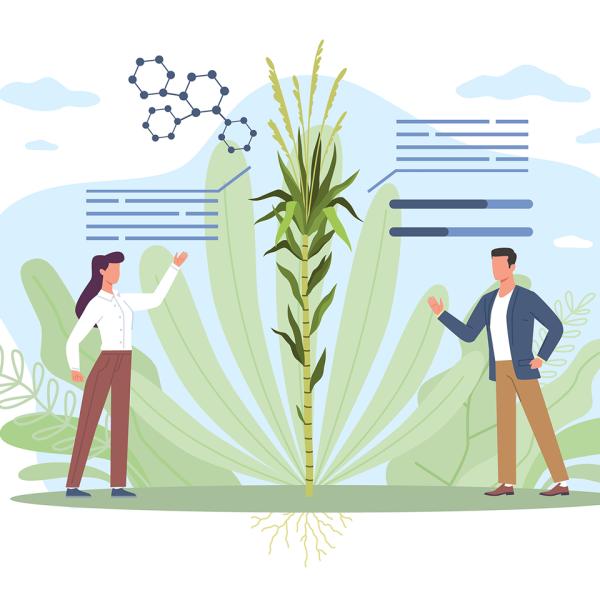Related Stories
Ontario
Blueprints for boosting plant immunity
How sophisticated genomics could help address food insecurity by giving crops an edge in the arms race against pathogens
Ontario
Power, policies and sustainability in the global food system
Today’s industrial approach to agriculture leaves the world dangerously dependent on a few crops and a few companies. Jennifer Clapp wants to change that.
Saskatchewan
Climate resilient crops that can do more with less
How researchers are tackling the roots of food insecurity — in a very literal way





